Program Orientation



UMass Memorial: Best Choice in Weight Loss Surgery!

UMass Memorial Weight Center is one of the top bariatric surgery programs in our region and provides a patient-focused approach to help adults struggling with obesity and weight-related diseases.
Our center is accredited by the American College of Surgeons as a Comprehensive Bariatric Center – recognized for high standards of quality and is approved to perform all procedure types.

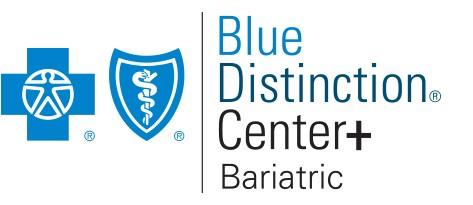
UMass Memorial: Why Choose Bariatric Surgery?
Our weight loss program offers a patient-focused, multidisciplinary approach aimed at promoting:
Permanent & long-term weight loss


Improved quality of life

Increased life expectancy
Improved medical issues
IS SURGERY AN OPTION FOR ME?
• United States National Institutes of Health (NIH) sets guidelines
• Body mass index (BMI) over 40 or over 35 with diabetes, high blood pressure, sleep apnea, or certain other weight-related medical problems
• Height and weight are measured in the clinic for accuracy
• Initial medical history is gathered with a pre-appointment phone call and reviewed with the medical provider at your first appointment


UMass Memorial: Public & Private Insurance Coverage
• Know your insurance requirements!
• Most require at least 6 months of preparation for bariatric surgery, with some requiring consecutive appointments
• Some require specific lab testing, follow-up or clearances

• If insurance changes during program, call to verify bariatric benefits

Insurance requirement examples:
• Aetna: 12 total visits prior to surgery
• Masshealth: at least 4 months of consecutive visits

• Harvard Pilgrim: at least 6 months of appointments
• Cigna, Unicare, Aetna, Harvard Pilgrim, Fallon: require a visit with an exercise physiologist
UMass Memorial: Monthly Weight Center

Appointments

Our program is designed to offer monthly appointments that build on each other as you prepare for bariatric surgery:
• Typical pre-op preparation time is 6 months
• Spending 6 months in preparation for surgery will help you have the best possible outcome with weight loss and improved health
• Some people spend longer than 6 months preparing for surgery
GASTRIC BYPASS OR SLEEVE GASTRECTOMY

Which surgery is right for you?

GASTRIC BYPASS VS. SLEEVE GASTRECTOMY POSSIBLE CONSIDERATIONS
Gastric bypass:
Higher starting BMI
May be more effective than sleeve in moderate to severe type 2 diabetes
Nutritional deficiencies can be more common
Sleeve gastrectomy:
Lower BMI though heavier patients have been successful
Ulcer risk lower than bypass in patients who take anti-inflammatory medication including steroids
Absorption issues with certain medications less of a concern than with bypass
May worsen reflux symptoms in those who already have severe reflux

GASTRIC BYPASS SURGERY

First performed 1967
Almost always done laparoscopically
Nothing is removed
Flow of food is different after surgery

SLEEVE GASTRECTOMY

Safety and results excellent
Not as much long-term information as with bypass, but good medium-term data on safety and outcomes
Weight loss/ impact on health may not be as good as bypass for some patients
Has fewer long-term risks than bypass
Concern about certain medications is less than with bypass

WEIGHT LOSS COMPARISONS
Most gastric bypass patients lose 65-70% of excess body weight within two years of surgery and keep off 55-60% at ten years

Weight loss results with sleeve appear to average about 5% less than bypass

WEIGHT LOSS FACTS
Weight loss varies person-to-person

Lowest weights usually reached 1-2 years after surgery
Some weight regain is common after reaching lowest weight
Avoiding weight regain depends on permanently sticking with new diet and exercise habits

HOSPITAL STAY AND TIME OUT OF WORK
Gastric bypass and sleeve
gastrectomy patients:
– Usually spend one night in hospital
– Upwards of 4-6 weeks out of work

Surgeries are performed at our Memorial Campus
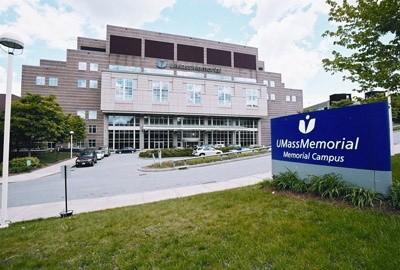 UMass Memorial Medical Center- Memorial Campus
UMass Memorial Medical Center- Memorial Campus
WEIGHT LOSS SURGERY COMPLICATIONS

Risks are higher for older, heavier, and more medically complicated patients
Risks are decreased by losing weight before surgery
If you have questions about risks and complications, ask your weight center providers

COMPLICATIONS THAT CAN OCCUR
AROUND THE TIME OF SURGERY
SLEEVE
Rare: Less than 1%
Obstruction/blockage
Injury to organs
Anesthesia problems
Blood clots
Death
BYPASS

Rare: Less than 1%
Obstruction/blockage
Leak
Injury to organs
Anesthesia problems
Blood clots
Death
1-2% Hospital readmission
Leak
Wound infection
Profound
2-5%
Nausea Infection Bleeding/transfusion
1-2% Hospital readmission 2-5% Infection
Bleeding/transfusion
Wound infection
COMPLICATIONS THAT CAN OCCUR WEEKS, MONTHS, OR YEARS AFTER SURGERY



Gallbladder problems 5-8%
than bypass Obstruction/blockage Nutrition problems Gallbladder problems 5-8% Obstruction/blockage 2-4% Nutrition problems 24% Ulcers 1-10% Kidney stones 25% BYPASS
Less
CARE AFTER WEIGHT LOSS SURGERY
Physician available 24/7 for emergencies
Surgical follow up at 2 and 6 weeks, 6 months, 1 year, then yearly if desired
Nutrition follow up at 3 weeks, 3 months, 9 months, then yearly if desired
Online support groups, online discussion group, exercise program and yearly nutrition follow up offered if desired


Care Team

WEIGHT CENTER SURGEONS



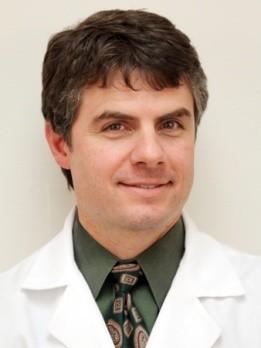

 John J. Kelly, MD
Donald Czerniach, MD
Philip Cohen, MD
Nicole Cherng, MD
Richard Perugini, MD
John J. Kelly, MD
Donald Czerniach, MD
Philip Cohen, MD
Nicole Cherng, MD
Richard Perugini, MD
Obesity Medicine Specialists


 Mitchell Gitkind, MD
Elizabeth Benjevin, MD
Mitchell Gitkind, MD
Elizabeth Benjevin, MD
WEIGHT CENTER SUPPORT TEAM
Nurse Practitioners: Robin Mason, Terese Holm, Kayla Furr, Erin Owens
Physician Assistants: Ann Clark, Melissa Potter
Dietitians: Caitlyn Leavitt, Justine Nash, Ashley Denning
Behavioral Health Specialists: Jennifer Lauretti, Rachael
Measer


Exercise physiologist: Janet Huehls
Program Coordinator: Anna Grotevant
Program Navigator: Tiffani Lehto
UMASS MEMORIAL IS AN ACADEMIC INSTITUTION

Residents and fellows involved in patient care
Research into causes of and treatments for weight problems
Training center for surgeons

Preparation Steps




UMass Memorial: Testing, Lab Work, and Clearances
Medical Intake
A medical doctor or nurse practitioner will review your medical and surgical history

They may recommend additional testing or lab work – get this done as soon as possible
Some medical problems could delay surgery until they are treated:
Uncontrolled diabetes with an A1c over 9.5%
Advanced liver disease
Untreated sleep apnea
UMass Memorial: Testing, Lab Work, and Clearances
Behavioral Health Intake
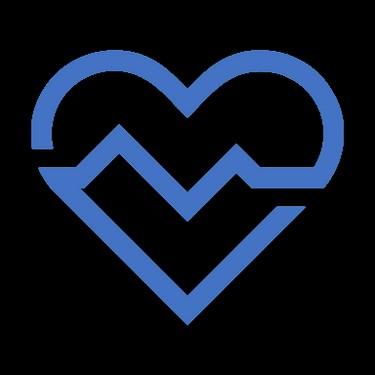
A psychologist or social worker will evaluate your mental health history, social history and support system
We may request feedback from an outside provider if you have one

Some conditions or situations could require more support or monitoring:
Smoking cigarettes
Current use of illegal drugs or excessive alcohol intake
Untreated psychiatric illness
Unstable housing
UMass Memorial: Testing, Lab Work, and Clearances
Nutritional Health

Adherence to recommendations made by the nutrition team

Adopting healthy and sustainable practices
Weight loss throughout the program or maintenance

This Photo by Unknown Author is licensed under CC BY-NC-ND
Group Education Classes
Initial Nutrition Group (Month 1-2)
– Focuses on diet and lifestyle changes before surgery
• Nutrition Surgery Skills Group (Month 4-5)
– Focuses on diet the first few weeks after surgery
• Medical Surgery Skills Group (Month 4-5)
– What to expect from a medical standpoint directly after surgery
• Post-op diet advancement group (3 weeks after surgery)
–
Focuses on transitioning from a mostly liquid diet to a solid food diet
Patients who are unable to access MyChart/Zoom may be scheduled for in person, 1-on-1 visits for these educational sessions

•
Sign Up for MyChart
Sign Up & Simplify the Weight Center with MyChart!
Step 1: Give your e-mail address & ask for an activation e-mail to be sent to you. Anyone can send this to you (Weight Center, Central Scheduling or 855-UMASS-MD)
Step 2: From the activation e-mail, create your MyChart account by entering: 6-character username, 8-character password, & Date of Birth
Step 3: Download Zoom to access Telehealth
Step 4: Begin enjoying!
Please Note: If you prefer telehealth visits, you must use MyChart

In Person vs. Telehealth Visits

UMass Memorial: In-Person Visits
Complete (Pre) Check-In
• Remember to complete pre-check on MyChart 1-3 days prior to visit

Arrive Early
• Patients should arrive 20 minutes before their visit to park, check in and complete paperwork
Weight Check
• Patients will be weighed at their visit and documented throughout program.

Check-Out
• Prior to leaving, make sure to schedule your next visit. If you forget, call as soon as possible!
UMass Memorial: Telehealth Visits

Complete (Pre) Check-In
• Remember to complete pre-check on MyChart 1-3 days prior to visit

Know How to Connect for Visit
• MyChart/Zoom
• Telephone
Weight Check
• Patients must weigh themselves before start of telehealth visit.
Check-Out
• You will receive an appointment 1-2 days after your visit. If you have not heard from us, call the clinic!
UMass Memorial: Virtual Groups

DO NOT ACCESS THROUGH MYCHART
Expect an Email
• May receive 1-3 days prior to visit Join 15-20 Minutes Before
• Please join 15-20 minutes prior for check-in
• Troubleshoot Audio/Video

Joining Late/Connection Issues
• Anyone joining the meeting > 5 minutes will not be (re)admitted
UMass Memorial: Telehealth Visit
Requirements
• Secure, private location
• Reliable internet connection
• Cannot be operating a vehicle
• Camera must be on for individual visits
• Patients may be muted and shut off their video for group visits

Providers may request to reschedule a visit if these requirements are not being met

UMass Memorial: Patient Support Groups
Provider & Patient-led: Facebook, Nutrition, and Exercise
• Support groups currently offered via telehealth

• Online support offered via our private Facebook group

• Receive reminders and links by joining our Facebook group or signing up for our mailing list
Join our Facebook group by searching for our name on Facebook and requesting to join: UMass Memorial Weight Center Bariatric Surgery Support Group

UMass Memorial: Free Exercise Physiology Sessions

This is a benefit offered to all pre-op patients and is included free of charge for patients pursuing bariatric surgery:

• Learn how to make exercise enjoyable, effective, and time efficient
• Helps with weight loss before and after surgery!
• Begin anytime!
Janet Huehls, MS
 Clinical Exercise Physiologist Certified Health Coach
Clinical Exercise Physiologist Certified Health Coach
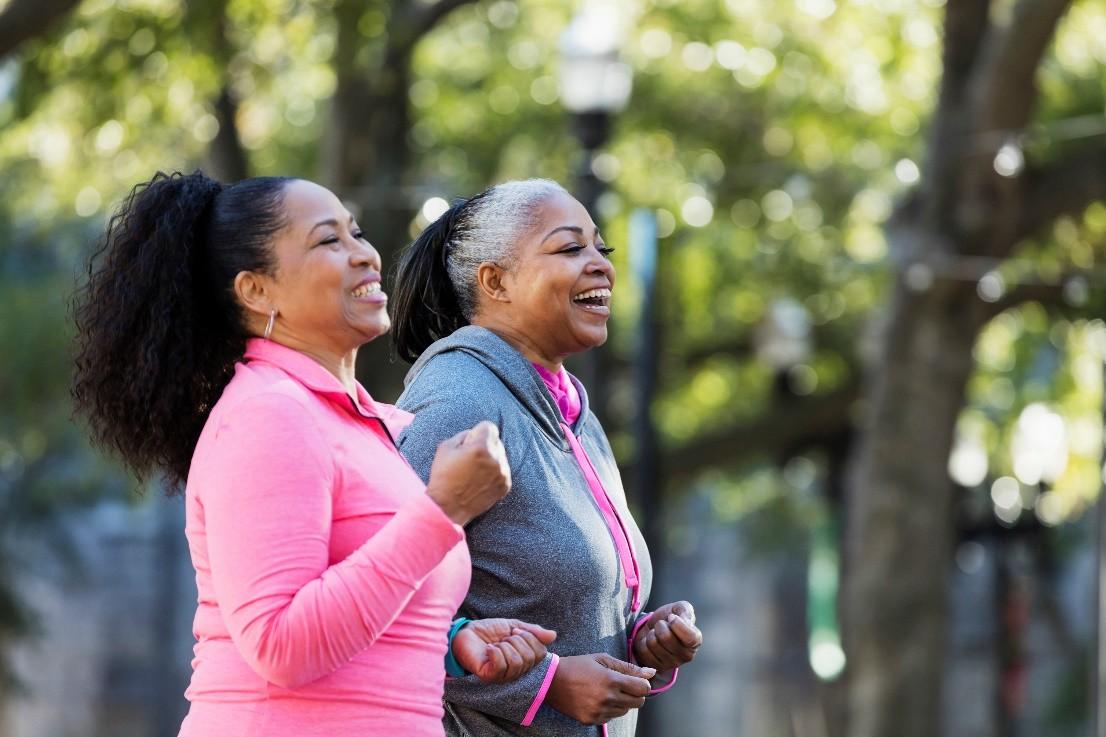

Individual Exercise Visit
◦ Personalized guidance
◦ In person or telehealth
◦ Available before and after surgery
co-pay
◦ No extra fee or
Center to schedule
◦ Contact the Weight
Online exercise program
◦ Created just for Weight Center patients
◦ Access any time online
◦ Learn how to exercise

◦ Modifications for pain
◦ Flexible for limited
◦ Exercise at home or gym
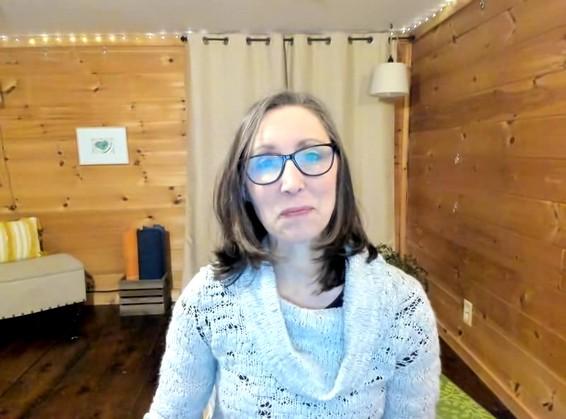
◦ Once a week for 30 min
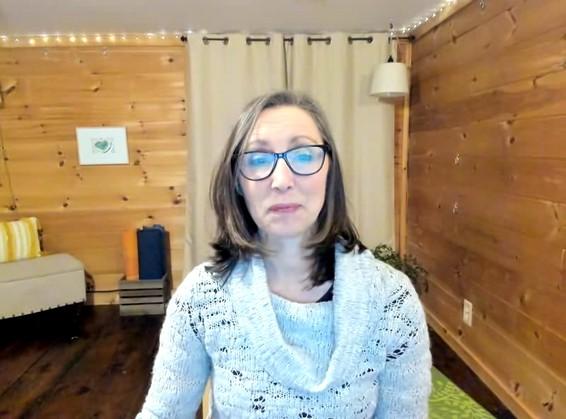
◦ Support before and after surgery
◦

Exercise Coaching and Support Group ◦ Held on Zoom
Support Group Online Course
Ask questions, share successes, problem solve ◦ Join the

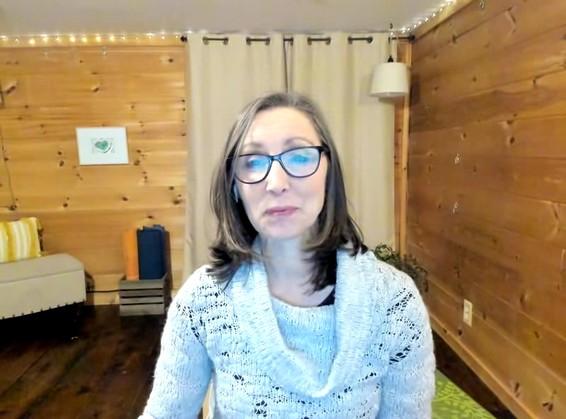
Keep Moving Weekly Blog www.KeepMovingWeekly.Wordpress.or g
More info about exercise in each phase





UMASS MEMORIAL WEIGHT CENTER A better tomorrow starts today. Phone: 774-443-3886 www.umassmemorial.org/weightcenter

















 UMass Memorial Medical Center- Memorial Campus
UMass Memorial Medical Center- Memorial Campus





 John J. Kelly, MD
Donald Czerniach, MD
Philip Cohen, MD
Nicole Cherng, MD
Richard Perugini, MD
John J. Kelly, MD
Donald Czerniach, MD
Philip Cohen, MD
Nicole Cherng, MD
Richard Perugini, MD

 Mitchell Gitkind, MD
Elizabeth Benjevin, MD
Mitchell Gitkind, MD
Elizabeth Benjevin, MD












 Clinical Exercise Physiologist Certified Health Coach
Clinical Exercise Physiologist Certified Health Coach











